IMPROVING CHIMP BEHAVIOUR WITH A FISSION FUSION MANAGEMENT PROCESS
03/07/2023 in Edinburgh Zoo
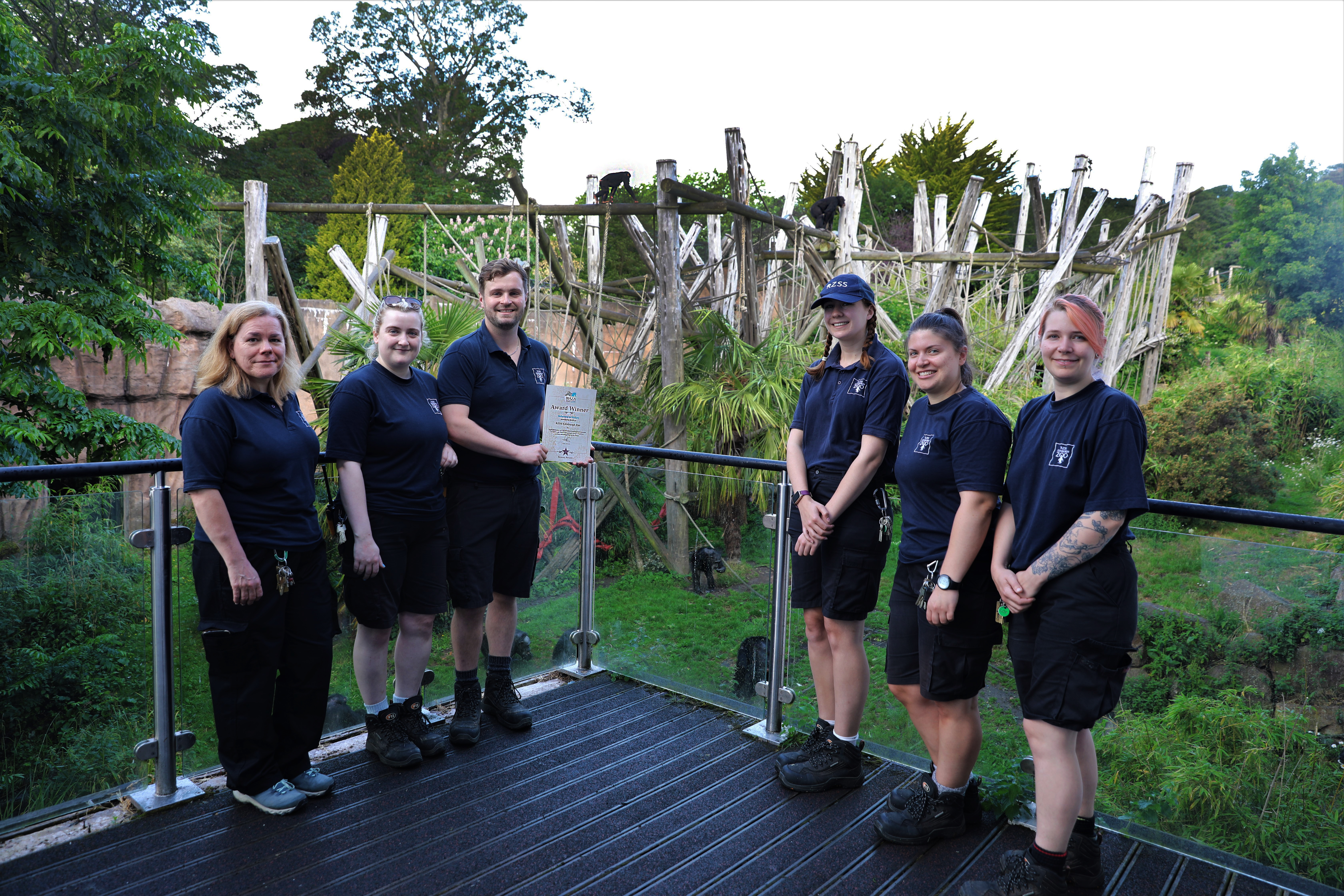
Congratulations to our incredible Budongo keeper team for winning the Bronze Behaviour & Welfare BIAZA Award this year! The award recognised their efforts in the implementation of a fission-fusion management process with the chimpanzees here at Edinburgh Zoo, to improve behaviour and integration within the troop.
In this blog, Budongo Team Leader Callum explains what fission-fusion is and how he and the rest of the team went about implementing it.
Our chimpanzee troop here at the zoo consists of 15 chimps - Louis, Qafzeh, Liberius, Rene, Paul, Frek, Velu, Lucy, Kilimi, Sophie, Lianne, Heleen, Eva, Edith and Masindi. They spend a lot of their time in their outdoor area, enjoying the views of Edinburgh and the Pentlands from their treetop nest baskets, and spending time foraging through the huge variety of plant species carefully chosen for them by our wonderful gardens team.
When they aren’t enjoying the outdoor space, they can be found exploring their indoor pods, taking part in virtual reality touch screen research in the specially designed Budongo Research Unit, or just taking time to relax and build relationships.
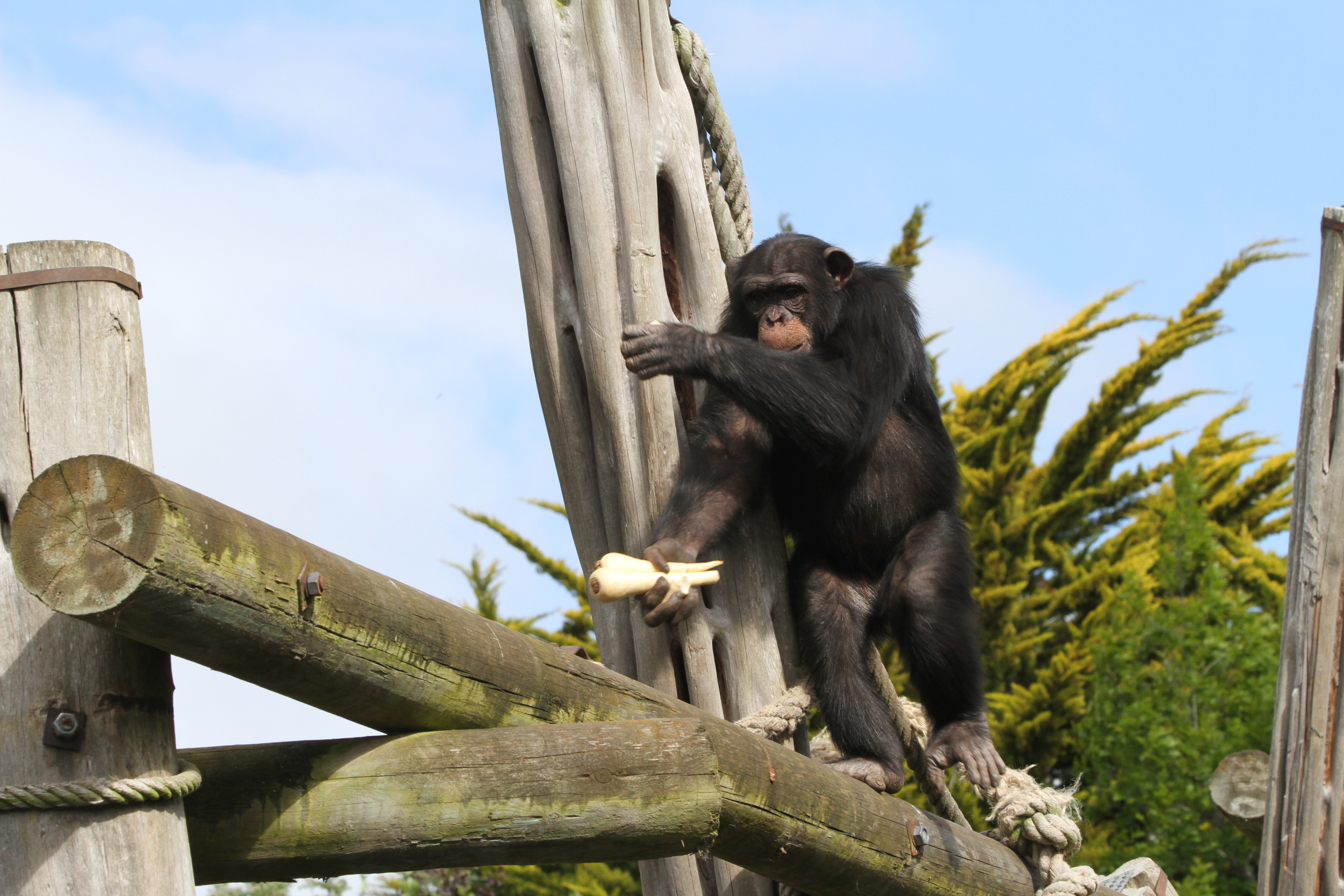
Wild chimpanzee communities are described as being fission-fusion societies, which essentially means that throughout a day they can split (fission) into smaller groups and then come back together (fusion) in larger groups, normally depending on resources.
The most obvious examples of this could be to come together in a larger group in the evening to rest and then in the morning they may split off into smaller groups to forage for food. They may also split up to go out on patrols around their territory.
Chimpanzees are very socially complex animals, and it can often be difficult to keep the peace. Like humans, having the ability to choose to spend some time away from specific individuals for a period of time can be very beneficial for relationships in a chimpanzee troop.
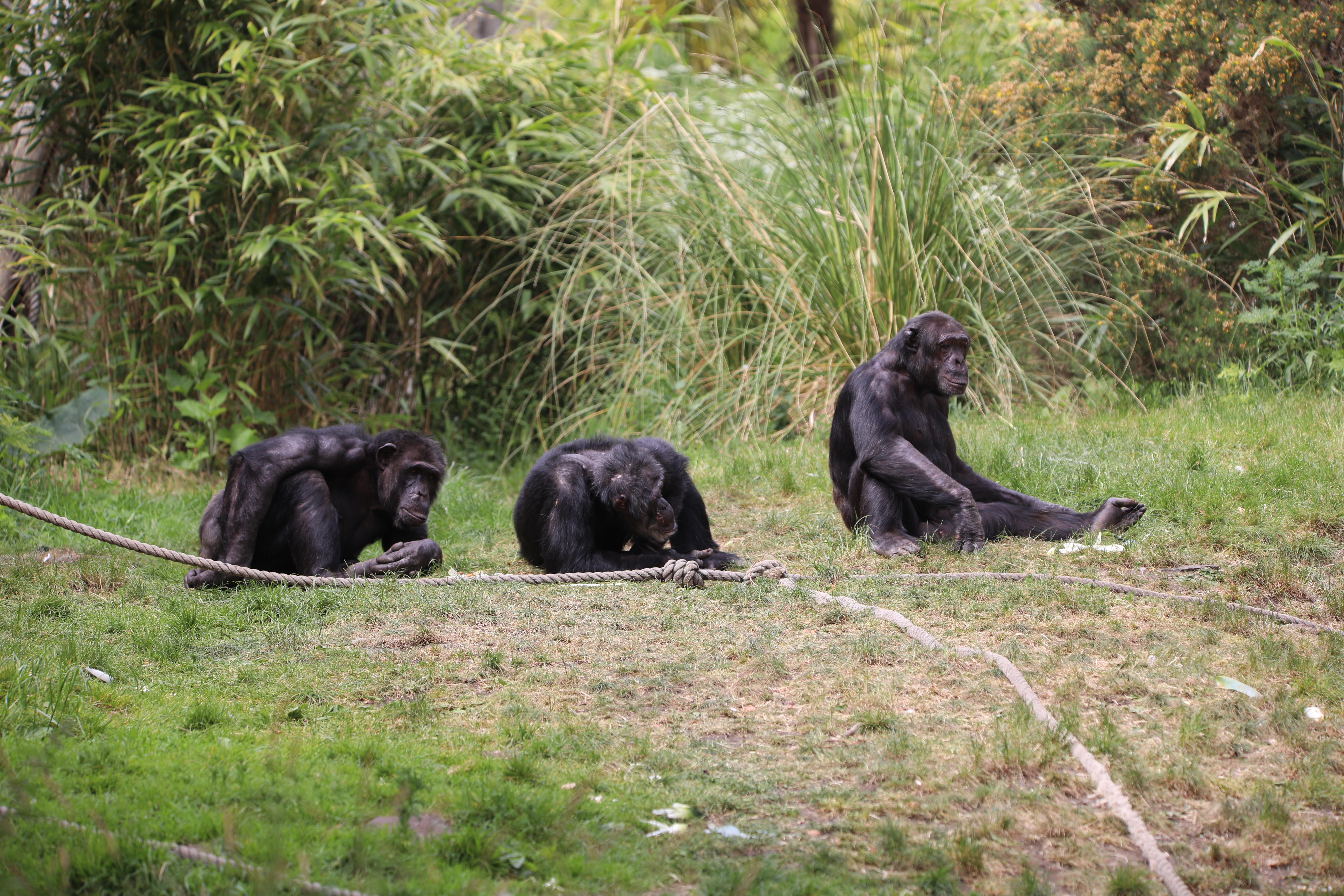
In late 2021, our youngest male, Velu, started to spend more time with his little sister Masindi. Initially this was playful and gentle, but it started to become more aggressive and unfortunately, Masindi was getting hurt.
It is not completely uncommon to see older siblings mishandling their younger brothers and sisters, but what we would like to have seen was their mum Heleen or another troop member stepping in and scolding Velu when it became too rough. Unfortunately, this did not happen and Velu often took Masindi to places in the Budongo Trail that were more difficult for the other chimps to reach. We stepped in before Masindi got seriously hurt at the end of 2021 and separated Heleen, Masindi and two other females off from the rest of the group to allow us time to figure out what to do.
After doing research and consulting other experts, we decided to implement our own version of a fission-fusion society, that took its roots from wild populations. We wanted to ensure that initially all other chimpanzees were able to maintain the close bonds they had developed over the years and ensure we weren’t going to permanently have two groups – our goal was to bring everyone back together eventually!
A plan was developed on how we were going to mix the chimps that formed three main stages:
- Initial reintroduction of all individuals except Velu, Masindi and Heleen
- Then weekly movements of individuals, initially chosen by the keepers and as time progressed chosen by the chimps themselves
- And finally, introductions of Velu and Masindi and the reuniting of the whole group as one
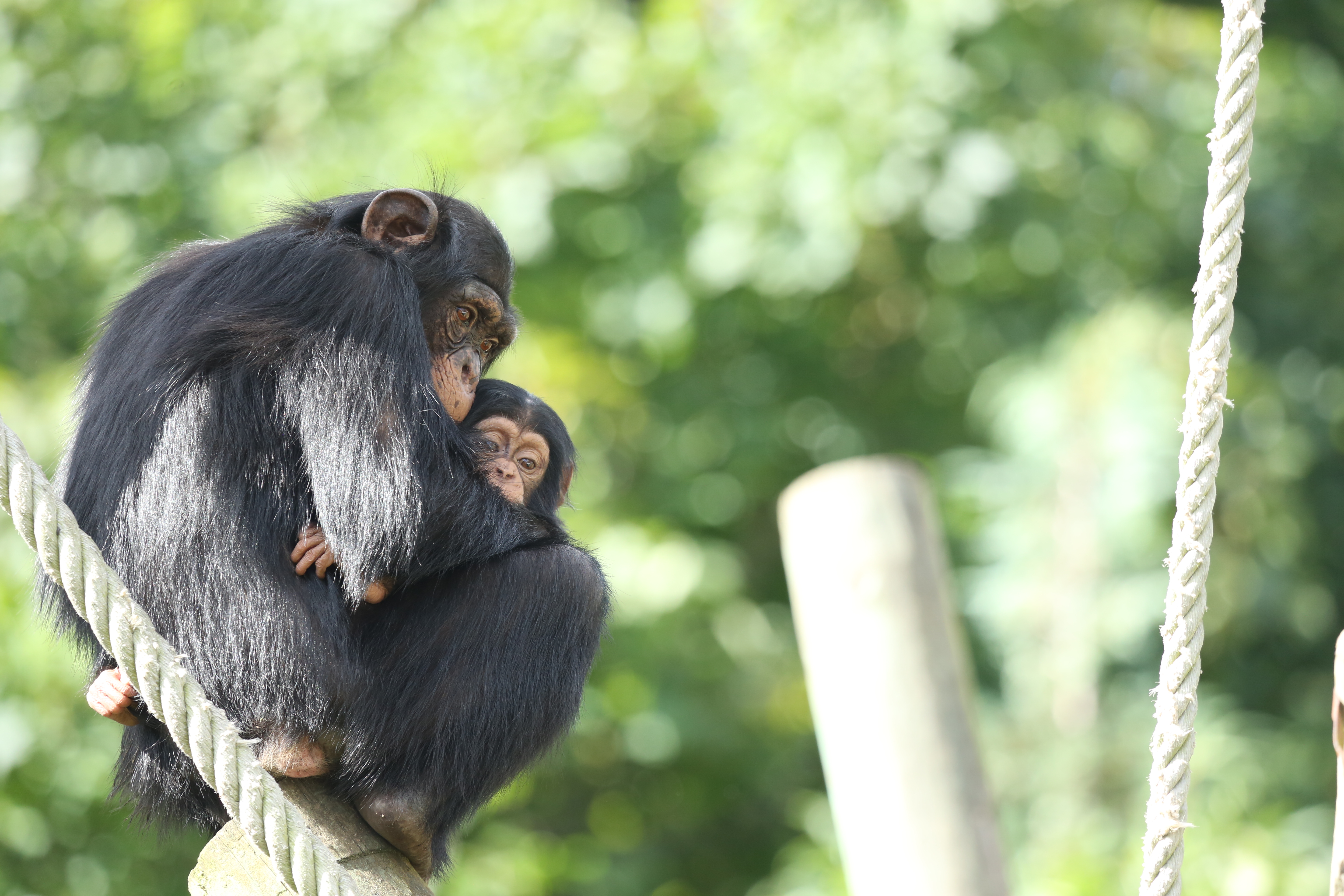
The whole process took just over 15 months to complete (with nine months of active fission-fusion) and required a huge amount of patience and flexibility from the keeper team and the chimpanzees. We quickly found that we had to throw our weekly plan out the window if one of the chimps decided they didn’t want to join one group or leave certain individuals they wanted to spend time with, but this was all part of the process. Once the chimps had become more accustomed to the process, we saw a shift in behaviours during introductions. Prior to this process there was often a lot of aggression during introductions and the movement of individuals, sometimes there still is from specific chimps in the troop, but in general we are now seeing more excitement, grooming and positive social interactions during and after reintroductions.
The most nerve-wracking moment was the first reintroduction between Velu, Masindi and Heleen. Fortunately, Masindi had grown massively in size and confidence at this stage and was a much better play date (rather than a toy!) for Velu, and Heleen was giving him far more pushback when he was overstepping the mark.
The troop have been back together as one since December 2022, and we have utilised a fission-fusion-eqsue management style on several occasions since then to help with the management of the troop.
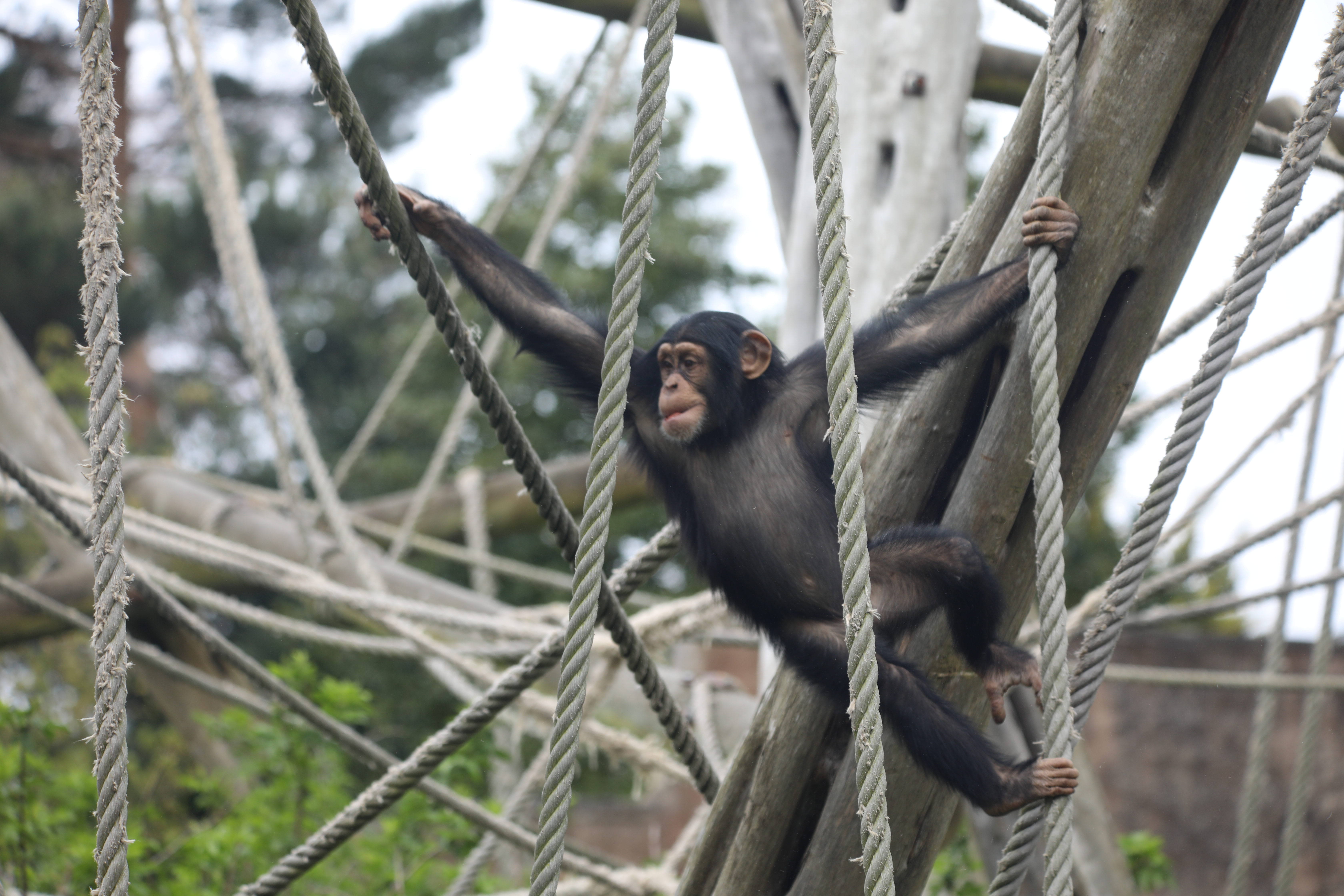
As well as being part of the endangered species breeding programme for western chimps, our wildlife conservation charity supports chimpanzees in the Budongo Forest in Uganda through our work with the Budongo Conservation Field Station (BCFS). The BCFS team monitors the health of wild chimp populations and works with local communities to dissuade hunters from setting bush meat snares.
Find out more about how RZSS is supporting chimps in the wild.
Players of People’s Postcode Lottery have helped support RZSS’s vital wildlife conservation and research projects in Scotland and around the world and allowed both Edinburgh Zoo and Highland Wildlife Park to develop new enclosures over their years of support.
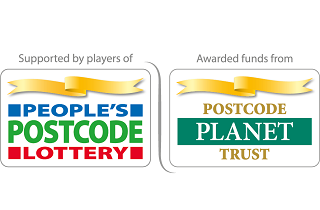
Featured Articles

An update from the Budongo Forest
19/04/2024 in Conservation
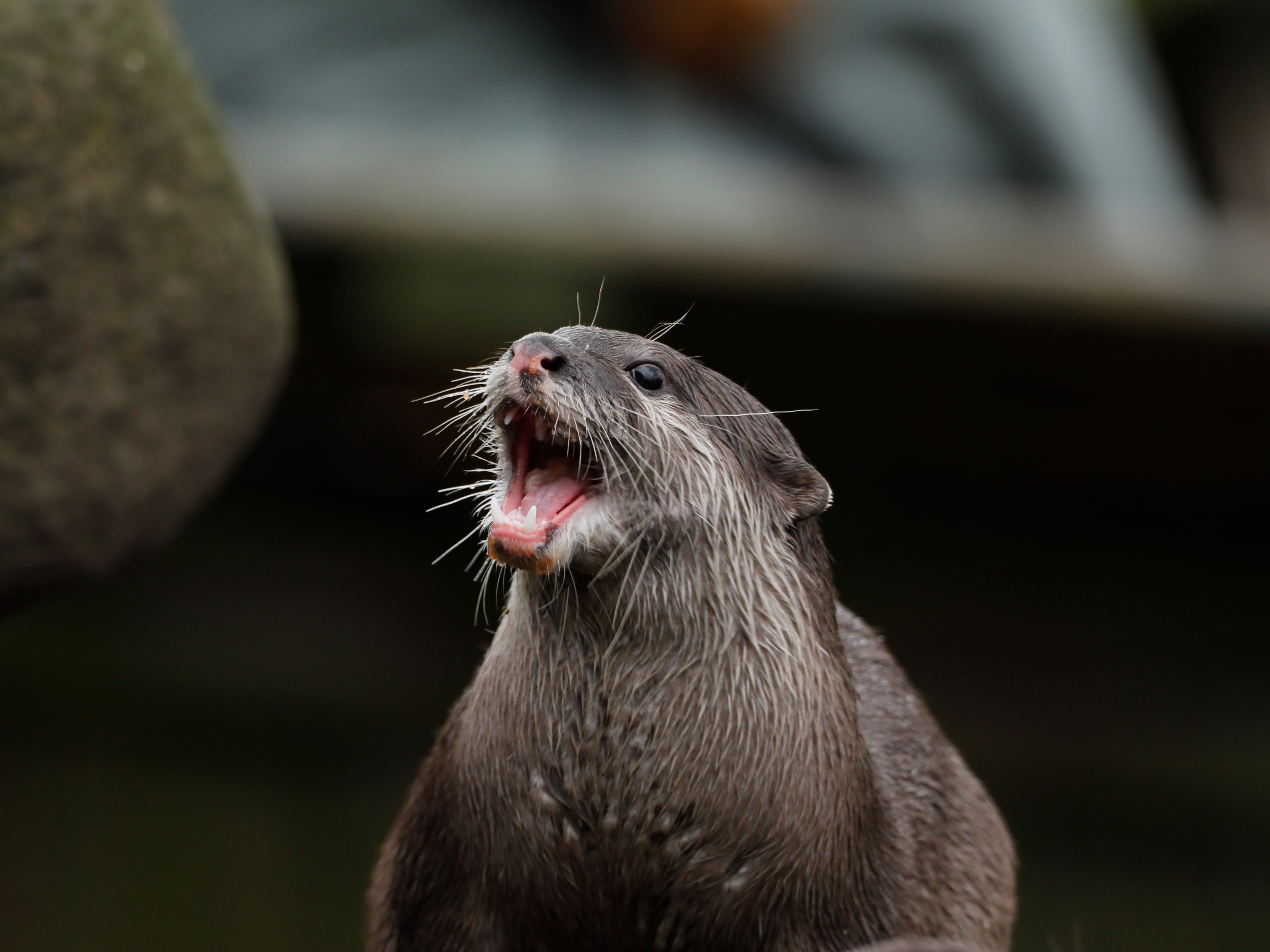
Edinburgh Zoo named best zoo in Scotland
15/04/2024 in Edinburgh Zoo



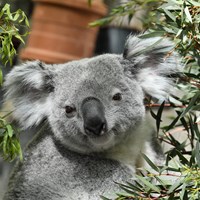
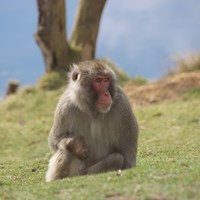
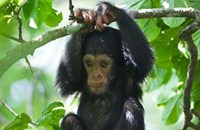
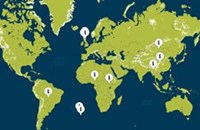
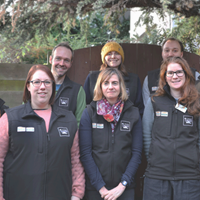
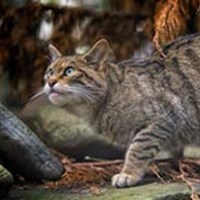
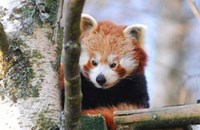
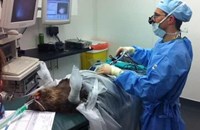

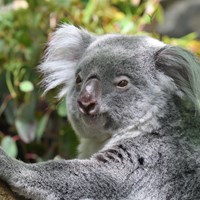

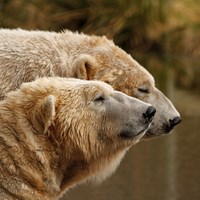

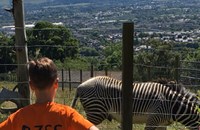

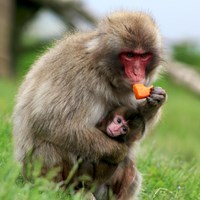
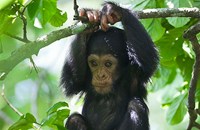
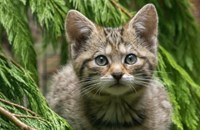
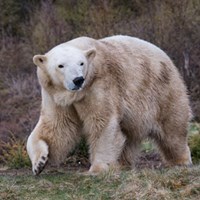
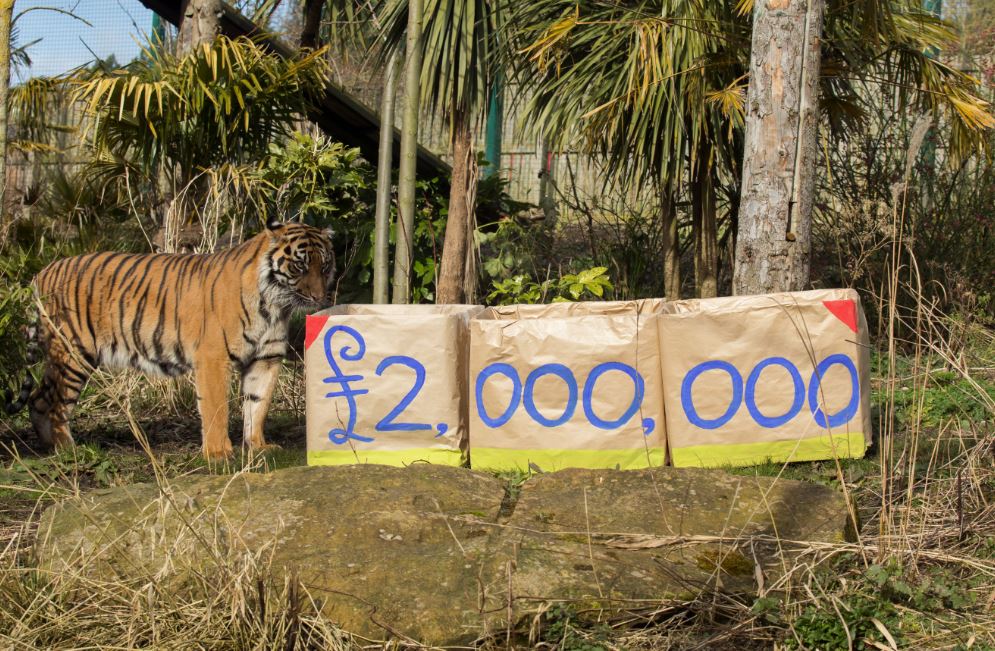
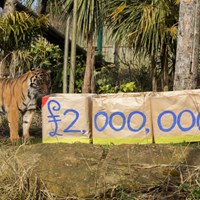

Follow EZ